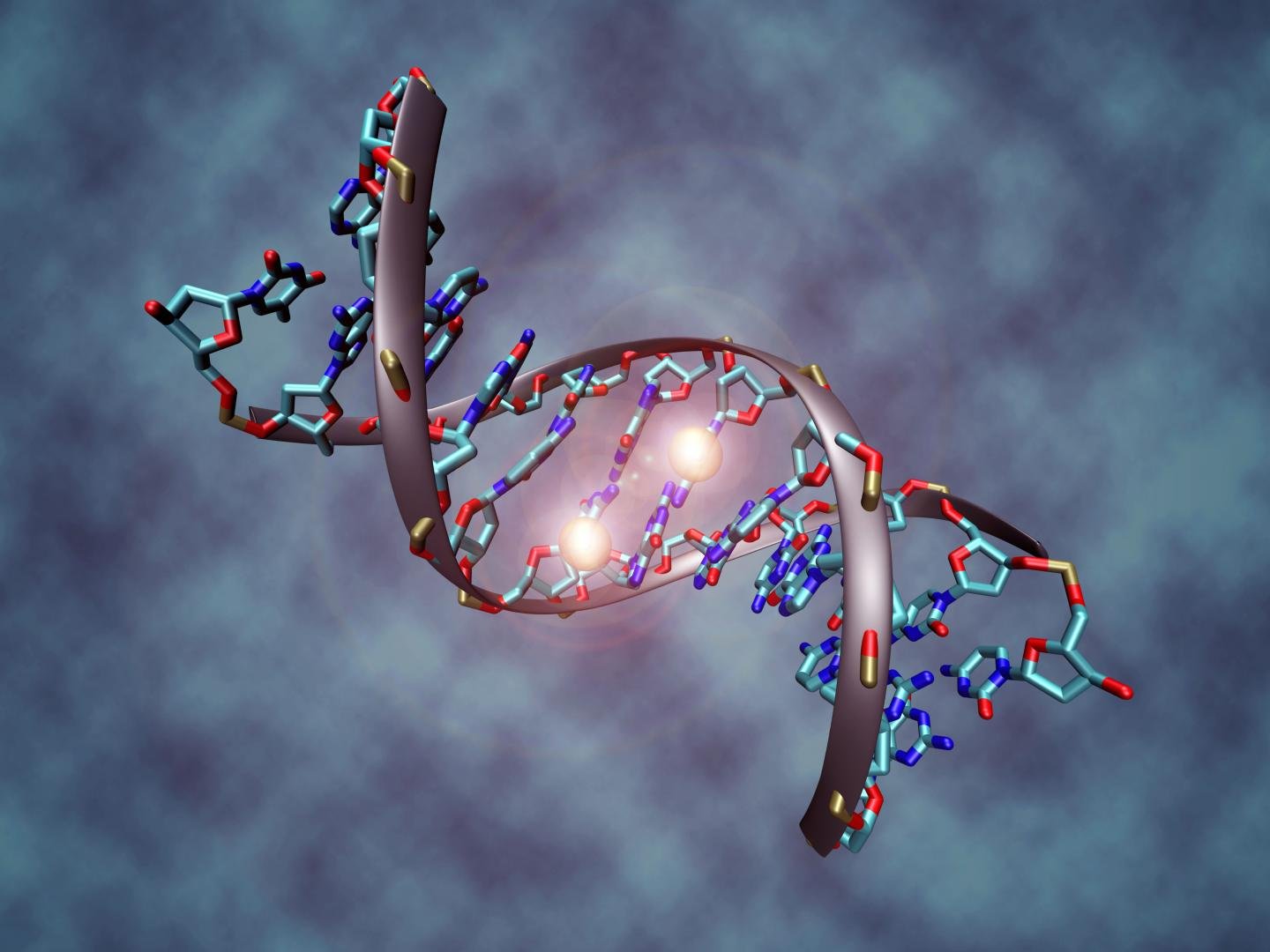DNA methylation analysis ready for clinical use
Recent Posts
Spotlight on: Melanie Eckersley-Maslin 25 November 2022
Spotlight on: Jessamy Tiffen 25 July 2022
ECR Spotlight on: Alex Woodworth 16 July 2022
Epigenetics 2022: Four weeks left for poster abstract submissions! 15 July 2022
Emma Whitelaw ECR Publication Award 30 June 2022
Epigenetics 2022 – Meet the speakers 17 June 2022
ECR Spotlight on: Kate Giles 31 May 2022
Spotlight on: Luciano Martelotto 30 May 2022
Epigenetics 2022 speakers announced 20 April 2022
Spotlight on: Hamish King 18 April 2022
ECR Spotlight on: William Schierding 6 April 2022
Spotlight on: Louise Bicknell 14 March 2022
Categories
News (57)
Opportunities (3)
Publications (7)
Spotlight on … (16)
World epi news (2)
Archived news
2022 (12)
2021 (9)
2020 (9)
2019 (1)
2018 (6)
2017 (6)
2016 (6)
2015 (17)
2014 (1)
by AEpiA| Jul 29, 2016 | News
An international team of scientists, including AEpiA researchers at the Garvan Institute of Medical Research in Sydney, has shown that DNA methylation analysis is a mature technology that is ready for clinical use. Their study was reported in Nature Biotechnology last month.
The study was published co-ordinately with three other papers in Nature Biotechnology and Nature Communications. Conducted in the context of the European BLUEPRINT Project and the International Human Epigenome Consortium (IHEC), the four papers together mark the feasibility of epigenetic analysis for clinical diagnostics and personalised medicine, in cancer and beyond.
This study, a benchmarking analysis comparing the performance of all widely used methods for DNA methylation analysis that are compatible with routine clinical use was coordinated by BLUEPRINT and led by Christoph Bock at the Research Center for Molecular Medicine of the Austrian Academy of Sciences (CeMM; Vienna). Thirty-two reference samples were analysed in 18 laboratories in seven different countries. Researchers in those laboratories collectively contributed 21 locus-specific assays for an average of 27 predefined genomic regions, as well as six global assays.
In many diseases, including cancer, the epigenetic control of the genome is heavily distorted. By measuring these alterations, a detailed picture of disease-specific changes emerges, which can help distinguish disease subtypes or identify suitable treatments. To date, however, little epigenetic testing has been carried out in the clinic.
Prof Sue Clark from the Garvan Institute said, “What we wanted to do as part of the International Epigenome Consortium was to carry out a wide-ranging technology comparison – to look in detail at the many DNA methylation assays now in existence, and to compare their accuracy and robustness in a systematic fashion.”
Prof Sue Clark, along with Dr Clare Stirzaker, Dr Shalima Nair, Wenjia Qu and Aaron Statham, compared two DNA methylation tests they had previously optimized: amplicon bisulphite sequencing (AmpliconBS) and mass spectrometric analysis of DNA methylation (EpiTyper). Both assays have their roots in bisulphite-based methods developed by Prof Clark in the 1990s, which were quickly adapted as the gold standard at the time.
Their investigation found that AmpliconBS is the best choice for assaying dozens of genomic regions in parallel, while EpiTyper provides the highest sample throughput.
The overall study, which was published in Nature Biotechnology, concludes “the accuracy and robustness, discriminatory power, cost structure and practical feasibility of current DNA methylation assays are sufficient for large-scale validation studies and epigenetic biomarker development.”
“Epigenetic tests have a key role to play for making precision medicine a clinical reality. Epigenetics captures part of each cell’s individual history, and it can predict how cancer cells will react to drug treatment. This can be very useful for personalized therapy,” explained Christoph Bock, Principal Investigator at CeMM.
DNA methylation analysis is ready for development for diagnostics, personalised therapies and many other clinical applications.
———————————————————————————————————————————————
Watch our video below to find out more about the use of DNA methylation as Biomarkers.
You can watch more videos on our What is Epigenetics page.


